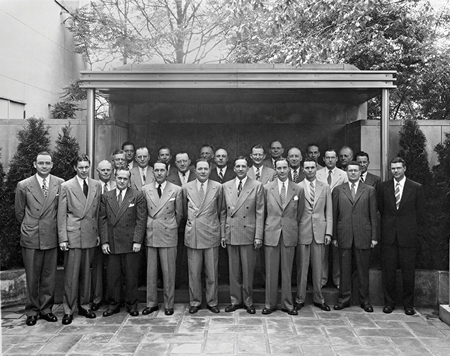Apple Vision is incredibly compelling, first as a product, and second as far as potential use cases. What it says about society, though, is a bit more pessimistic.

stratechery.com
Apple Vision: Believe the hype?
One key point of AppleSi is to support this new AR/spatial modality of Apple systems: a SoC is radically consolidated, streamlined, trustable (secure) and reliable, which is what's needed to support a stack to pull off the Apple Vision thing.
You will be unhappy about this direction only if you treat the system itself as the project, rather than the application of the system as the project. If you still don't know how much power you need to get your work done or what you're doing, you'll have upgrade fixation: you will defer config to a later date based on some growth uncertainty. To upgrade system pieces, you'll be tolerant of failures and errors that come with socketed modules. You'll see strong trust of the system application stack as an impediment to your growth. These flexibilities were typical of the PC market in 2006, where a PC integrator arranges rapidly evolving kit into applications for people who are still unsure what they are trying to accomplish.
Again, the iPhone shows the way: absolutely no one complaints about lack of physical storage or processor or display upgrades for phones. When you need such, you acquire another phone!
Apple has necessarily been up-leveling the building-blocks. They see that a system can be specced to a purpose before the time of sale and that the whole device is replaced to upgrade: this is the inherent nature of iPhone and Watch. Apple has moved to treat Macs the same way.
Customers who pine for old Mac Pro are nursing an archaic uncertainty about their configs, thinking that some future module is going to bring their system into proper alignment.
But when the application goal is to sustain a reliable overlay of direct first-person sensory experience, you need to have a firm understanding of the system requirements going in.
This point from the above article spells it out:
...speed is essential: Apple claims that the threshold for your brain to notice any sort of delay in what you see and what your body expects you to see (which is what causes known VR issues like motion sickness) is 12 milliseconds, and that the Vision visual pipeline displays what it sees to your eyes in 12 milliseconds or less. This is particularly remarkable given that the time for the image sensor to capture and process what it is seeing is along the lines of 7~8 milliseconds, which is to say that the Vision is taking that captured image, processing it, and displaying it in front of your eyes in around 4 milliseconds.
Such a real-time constraint requires a momentous step in PC device design. To pull it off, you've got to have a full understanding of every part of the systems suitability to task. The degrees of required integration are going preclude modularity of sub systems. Accessories are going to be streamlined.
The great thing about Apple's announcement is that they've decided that there's a radically new viable application.
If you think the future is going to be swizzling expansion cards like it's 1984...

en.m.wikipedia.org
• • •
Don't think I'm a complete sucker for the hype.
Apple's promo concepts range from profoundly dumb to terrifying Orwellian nightmare:
I guess they'll be able to plaster an image of your face onto your steam for the others?
Little boxes of ticky-tacky, cubed!
"One of us, one of us"
"Gotta catapult the propaganda!"
Gahhh!






